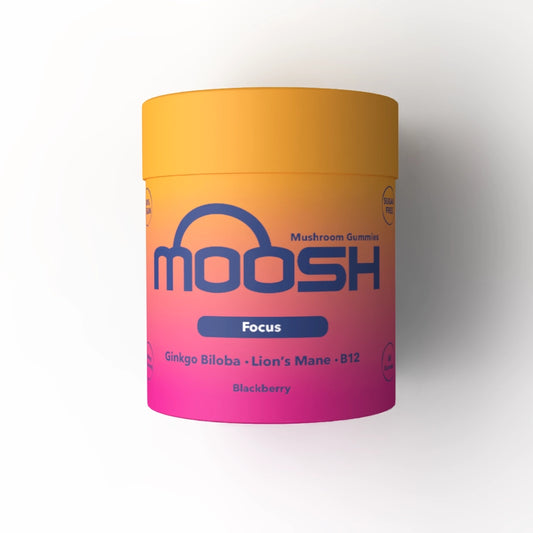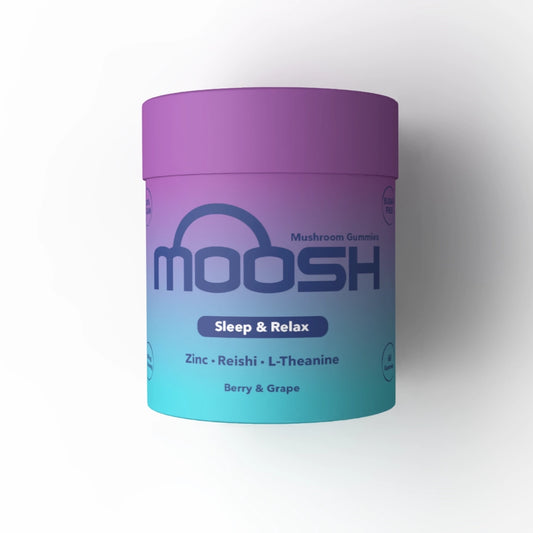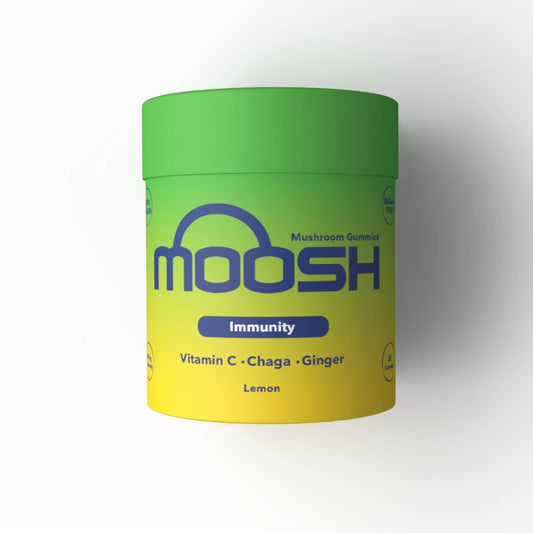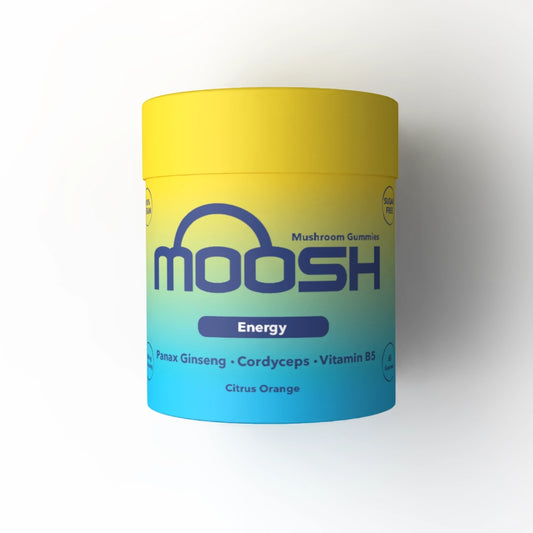Biotin, also known as vitamin B7 or vitamin H, is a water-soluble B-complex vitamin that plays a crucial role in various metabolic processes within the human body. It is essential for the metabolism of fats, carbohydrates, and proteins, and it contributes to the maintenance of healthy hair, skin, and nails. In this article, we will explore the health benefits of biotin, supported by scientific research and evidence.
What is Biotin?
Biotin, a water-soluble B-complex vitamin, operates as a critical coenzyme within the body, engaging in fundamental metabolic processes. One of its primary functions lies in the synthesis of fatty acids, which are vital components of cell membranes and play crucial roles in energy storage and signalling pathways. Biotin serves as a cofactor for various carboxylase enzymes, including acetyl-CoA carboxylase, pyruvate carboxylase, and propionyl-CoA carboxylase.
Acetyl-CoA carboxylase catalyses the conversion of acetyl-CoA to malonyl-CoA, a key step in fatty acid synthesis. This process is crucial for the production of long-chain fatty acids, which serve as energy reserves and structural components of lipids. Without biotin as a cofactor, the activity of acetyl-CoA carboxylase would be impaired, hindering fatty acid synthesis.
Pyruvate carboxylase is another enzyme that relies on biotin as a cofactor. It facilitates the conversion of pyruvate to oxaloacetate, an essential step in the process of gluconeogenesis. Gluconeogenesis is the synthesis of glucose from non-carbohydrate precursors, such as amino acids and glycerol, and it plays a crucial role in maintaining blood glucose levels during fasting or periods of low carbohydrate intake. Biotin's involvement in pyruvate carboxylase activity is thus indispensable for glucose production and overall energy homeostasis.
Furthermore, propionyl-CoA carboxylase is involved in the metabolism of branched-chain amino acids, such as valine, isoleucine, and leucine. This enzyme catalyses the carboxylation of propionyl-CoA to form methylmalonyl-CoA, a precursor in the breakdown of these amino acids. Biotin serves as a cofactor for propionyl-CoA carboxylase, enabling the proper metabolism of branched-chain amino acids and preventing the accumulation of toxic intermediates.
Benefits of Biotin:
- Promotes Healthy Hair: Biotin is often associated with promoting healthy hair growth. Several studies have suggested that biotin supplementation can improve hair thickness and reduce hair loss in individuals with biotin deficiency. Biotin supports the production of keratin, a protein that forms the structure of hair strands, thereby promoting hair strength and resilience.
- Supports Healthy Skin: Biotin plays a vital role in maintaining healthy skin by supporting the production of fatty acids necessary for skin health. Research indicates that biotin deficiency can lead to skin conditions such as dermatitis, characterised by dry, itchy skin. Supplementing with biotin may help alleviate symptoms of dermatitis and promote overall skin health.
- Strengthens Nails: Biotin is essential for the synthesis of keratin, which also contributes to nail health. Studies have shown that biotin supplementation can improve nail thickness and reduce brittleness in individuals with brittle nail syndrome. Biotin supports the structural integrity of nails, making them less prone to breakage and splitting.
- Supports Metabolic Functions: Biotin plays a crucial role in energy metabolism by assisting in the breakdown of carbohydrates, fats, and proteins. It helps convert these macronutrients into energy that the body can use for various cellular processes. Biotin also supports gluconeogenesis, the process by which the body synthesises glucose from non-carbohydrate sources, such as amino acids and glycerol.
- Regulates Blood Sugar Levels: Some research suggests that biotin may help regulate blood sugar levels by enhancing the activity of enzymes involved in glucose metabolism. This may be particularly beneficial for individuals with type 2 diabetes or insulin resistance. However, more studies are needed to fully understand the impact of biotin on blood sugar regulation.
Scientific Research and Evidence:
Numerous studies have investigated the health benefits of biotin supplementation. A study published in the Journal of Clinical and Aesthetic Dermatology revealed that supplementation with biotin significantly enhanced nail plate thickness and decreased nail brittleness in individuals with brittle nail syndrome. Similarly, research published in the Journal of Investigative Dermatology discovered that biotin deficiency in mice resulted in alopecia (hair loss) and skin abnormalities, both of which were reversed upon biotin supplementation.
Moreover, a clinical trial documented in the Journal of Nutritional Science and Vitaminology demonstrated that biotin supplementation led to improvements in glucose tolerance and reductions in insulin resistance among patients with type 2 diabetes. Additionally, a systematic review published in the Journal of the American Academy of Dermatology concluded that biotin supplementation may offer benefits for enhancing hair growth and reducing hair loss, particularly in individuals with biotin deficiency.
Collectively, these studies furnish compelling evidence supporting the efficacy of biotin supplementation for various health benefits, encompassing enhancements in hair growth, nail strength, and glucose metabolism.
Natural Sources of Biotin:
Biotin is naturally found in a variety of foods, including:
- Egg yolks: Egg yolks are one of the richest sources of biotin, with one large egg providing approximately 10 micrograms of biotin.
- Liver: Organ meats, such as liver, are excellent sources of biotin, with a 3-ounce serving providing over 27 micrograms of biotin.
- Salmon: Fatty fish like salmon are rich in biotin, with a 3-ounce serving providing approximately 5 micrograms of biotin.
- Nuts and seeds: Almonds, peanuts, and sunflower seeds are good sources of biotin, with 1 ounce providing around 1-2 micrograms of biotin.
- Sweet potatoes: Sweet potatoes are a good plant-based source of biotin, with one medium sweet potato providing approximately 2.4 micrograms of biotin.
Incorporating these biotin-rich foods into your diet can help ensure an adequate intake of this essential vitamin.
Conclusion:
Biotin, also known as vitamin B7, plays a crucial role in various metabolic processes within the body, including energy metabolism, hair growth, nail health, and skin health. Scientific research supports the efficacy of biotin supplementation for promoting these health benefits, particularly in individuals with biotin deficiency. Additionally, consuming biotin-rich foods can help ensure an adequate intake of this essential vitamin. Overall, incorporating biotin into your diet or taking supplements may contribute to overall health and well-being. However, it's essential to consult with a healthcare professional before starting any new supplementation regimen.






